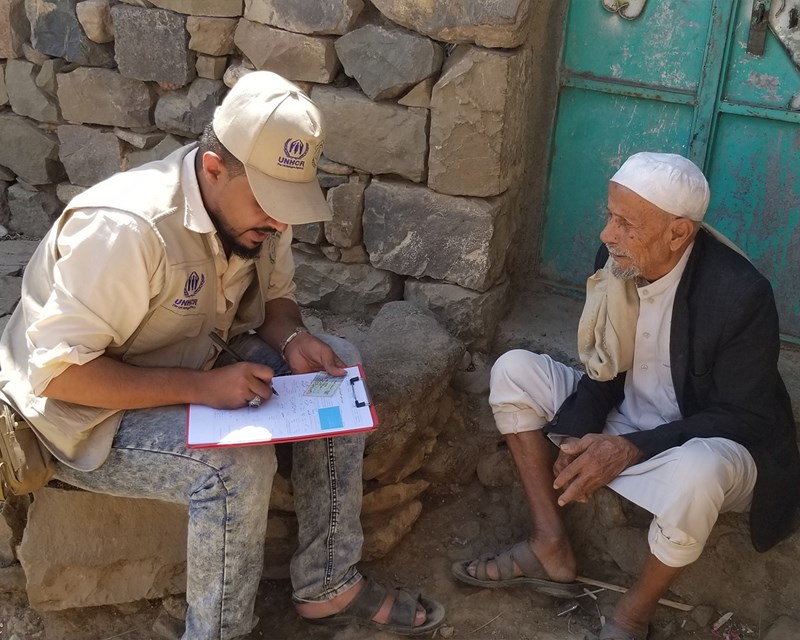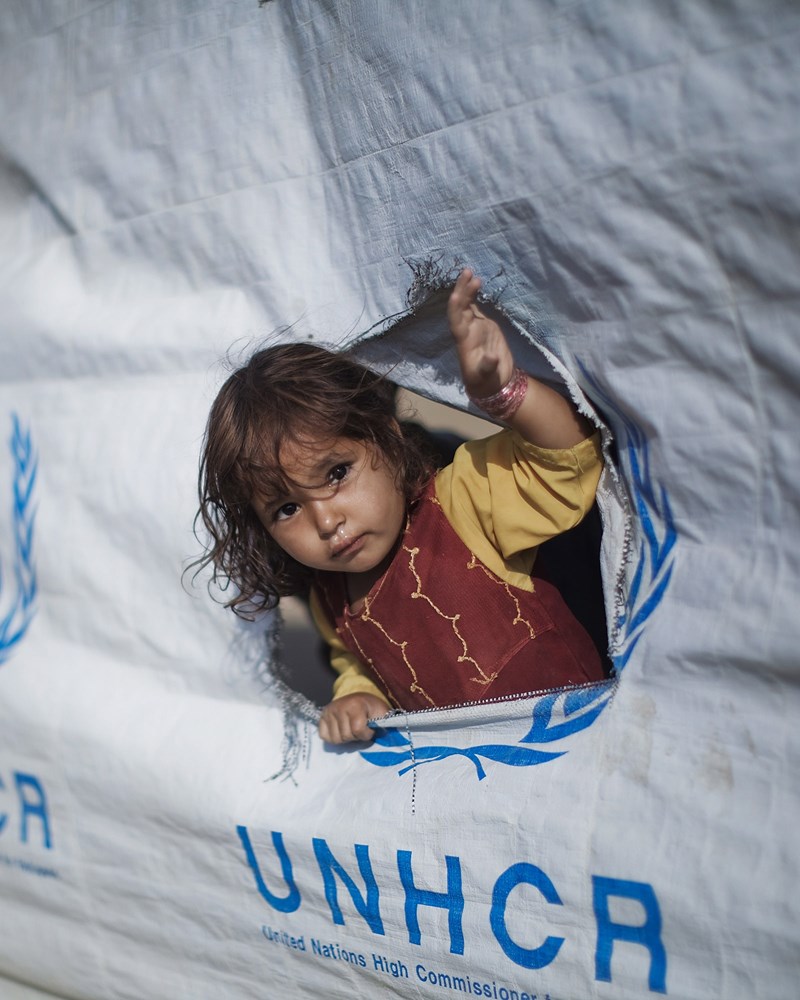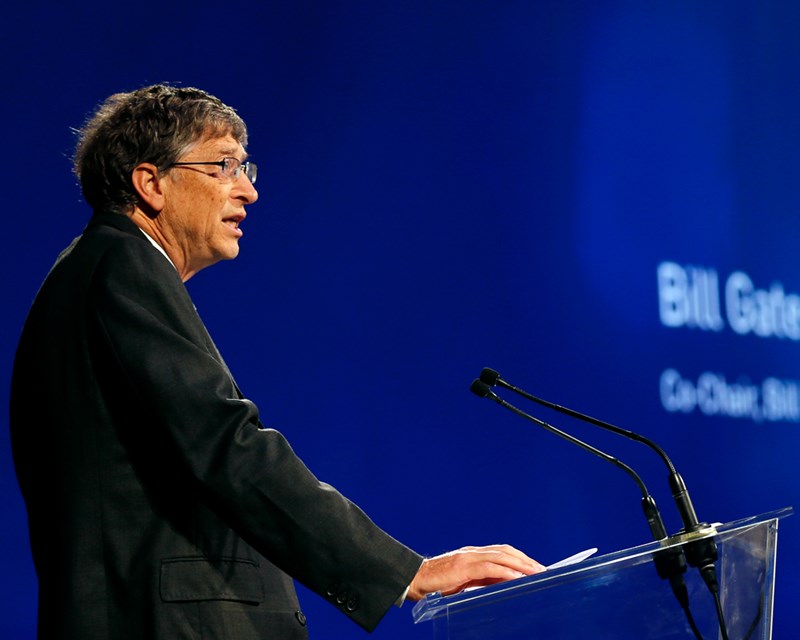In humanitarian circles, zakat is the issue of the day. A concept that only a decade ago was largely unknown outside the Muslim world is today heralded as a partial solution to the deficit in global aid funding, with enormous potential to be leveraged and scaled.
To call this evolution a step change would be an understatement. In the wake of the 9/11 attacks, many Islamic charity organisations found themselves under suspicion. Stringent anti-terror legislation led to Muslim organisations being heavily scrutinized as potential fronts for terrorism and jihad, and in some cases discriminated against.
However, in the years since – and in lockstep with the growth in global humanitarian needs – this narrative has subsided. Now, there is rising recognition of the role that Islamic giving can play in delivering much-needed financing, for issues ranging from refugee aid to poverty alleviation.
This trend has been accompanied by a surge in zakat-focused funds. Organisations ranging from UNHCR, the UN’s refugee agency, to Save the Children, and UNICEF have dedicated Islamic philanthropy teams, in addition to sharia-compliant fundraising platforms and vehicles.
Enabled by technology, paying zakat is easy these days – credit cards, websites and mobile apps make the process seamless, and Muslims can shop around online for causes to donate to. Some platforms even offer zakat and sadaqah calculators so donors can gauge how much they need – or want – to pay and keep tally of their giving over the year.
With progress, however, come ethical questions. I increasingly see slick advertising campaigns from global organisations, designed to encourage Muslims to donate their wealth tax to a specific cause. Smaller charities cannot compete.
The result is that just a few bodies manage zakat money with substantial decisive power, making it ever more important that we monitor its social impact.





